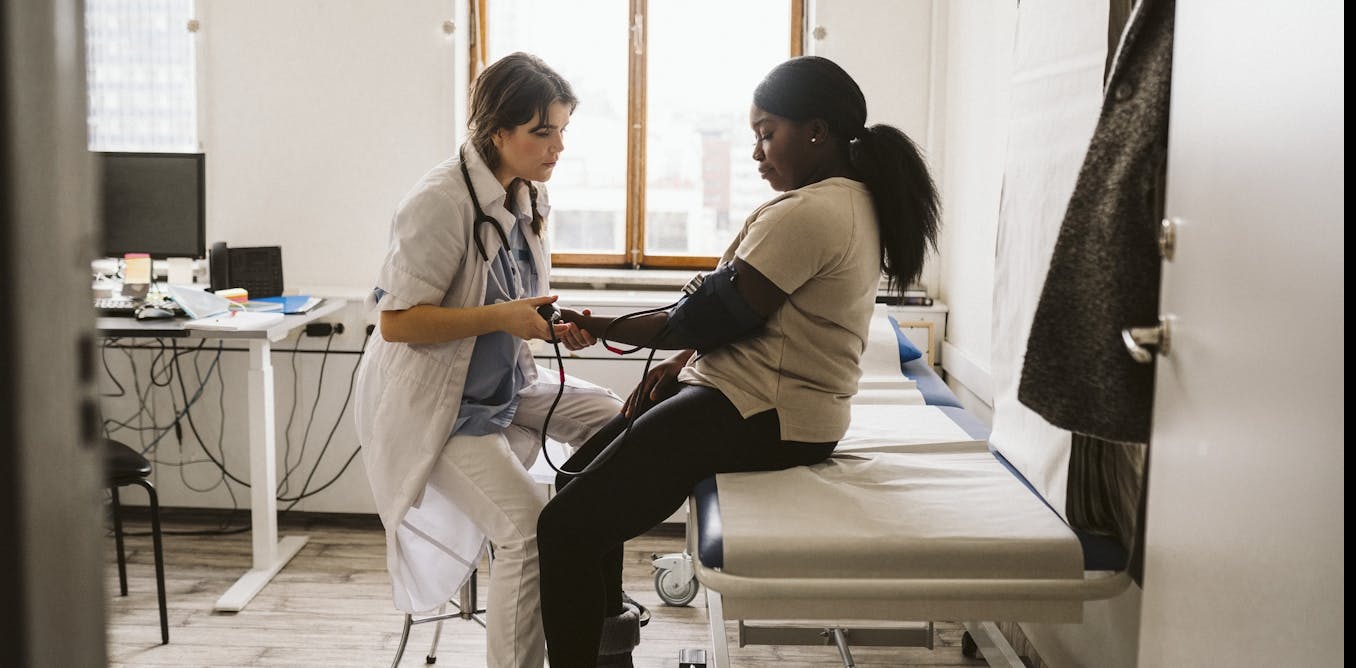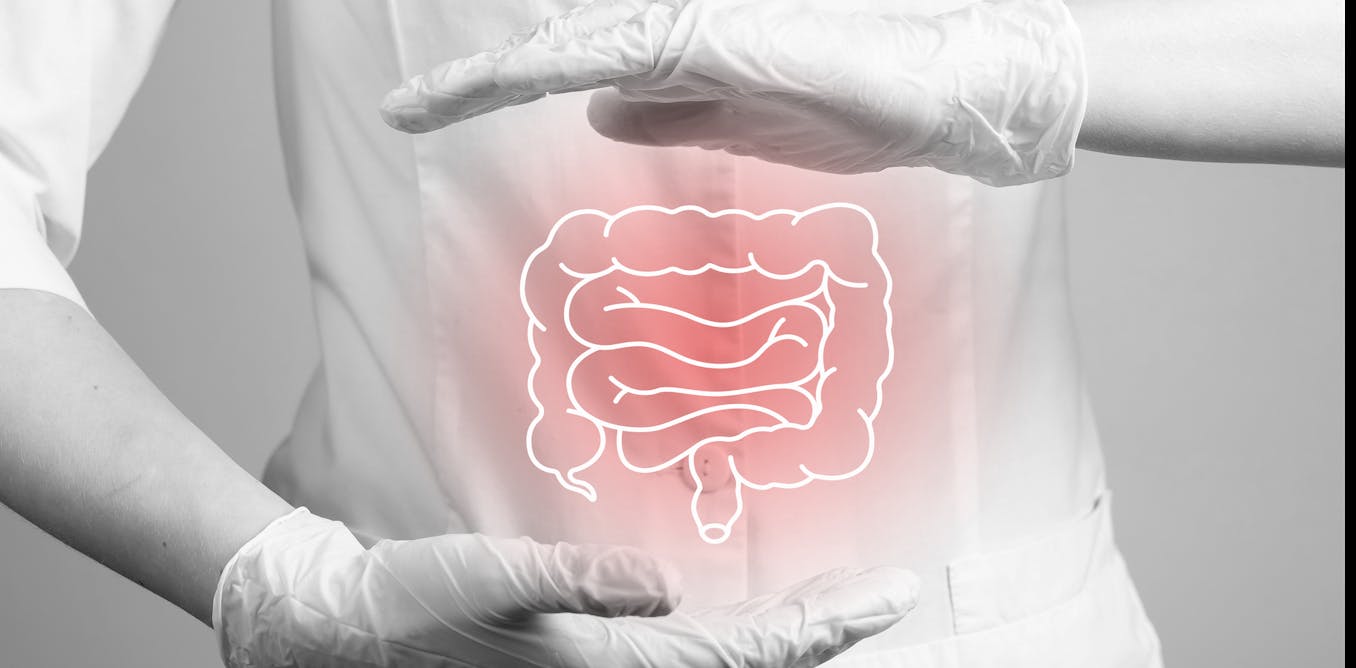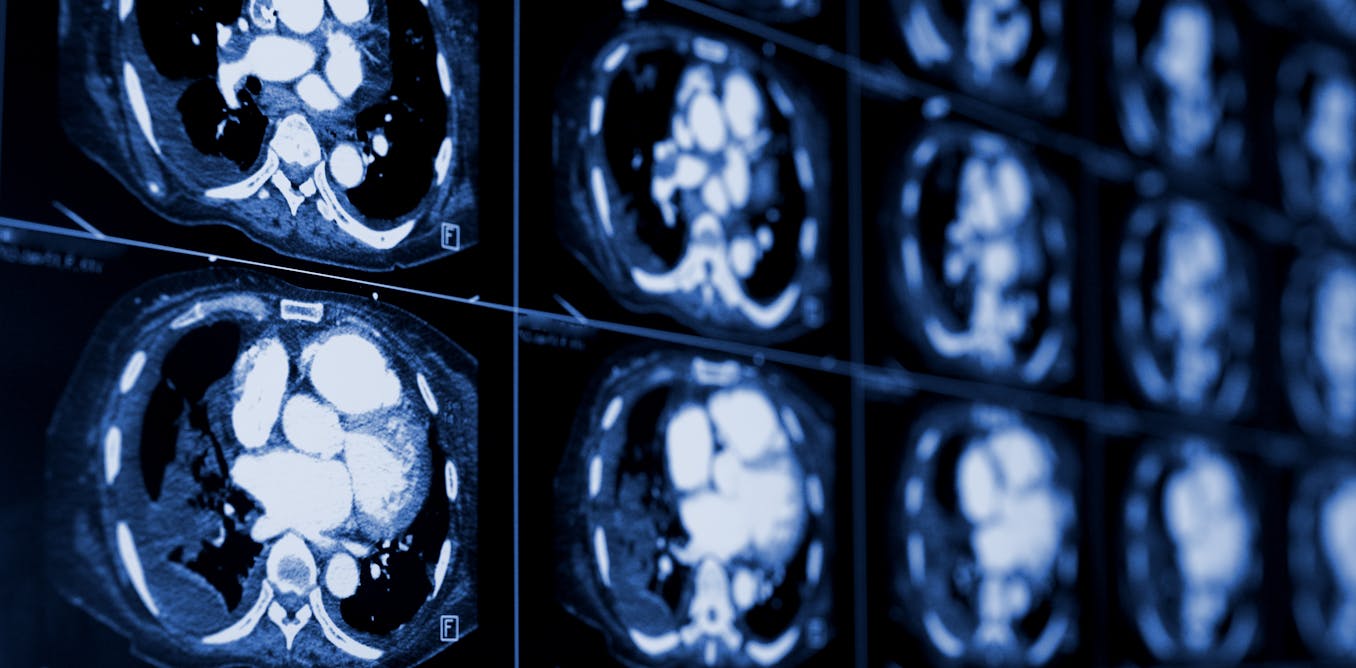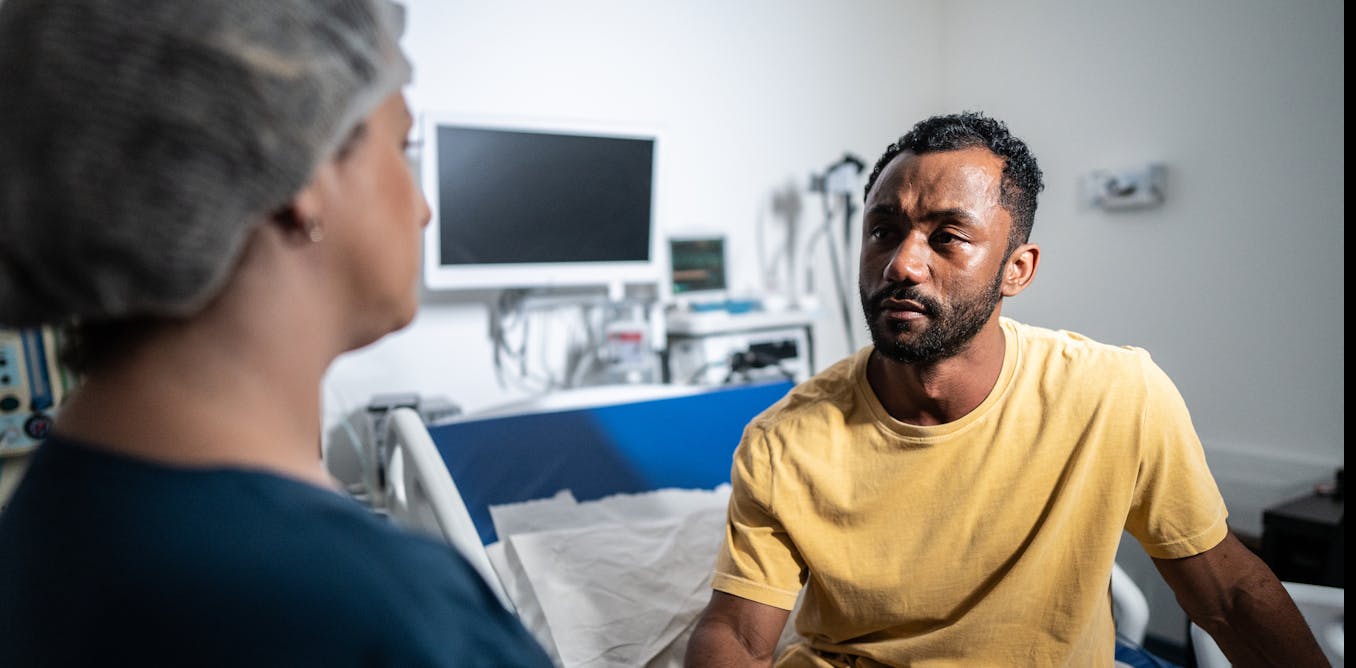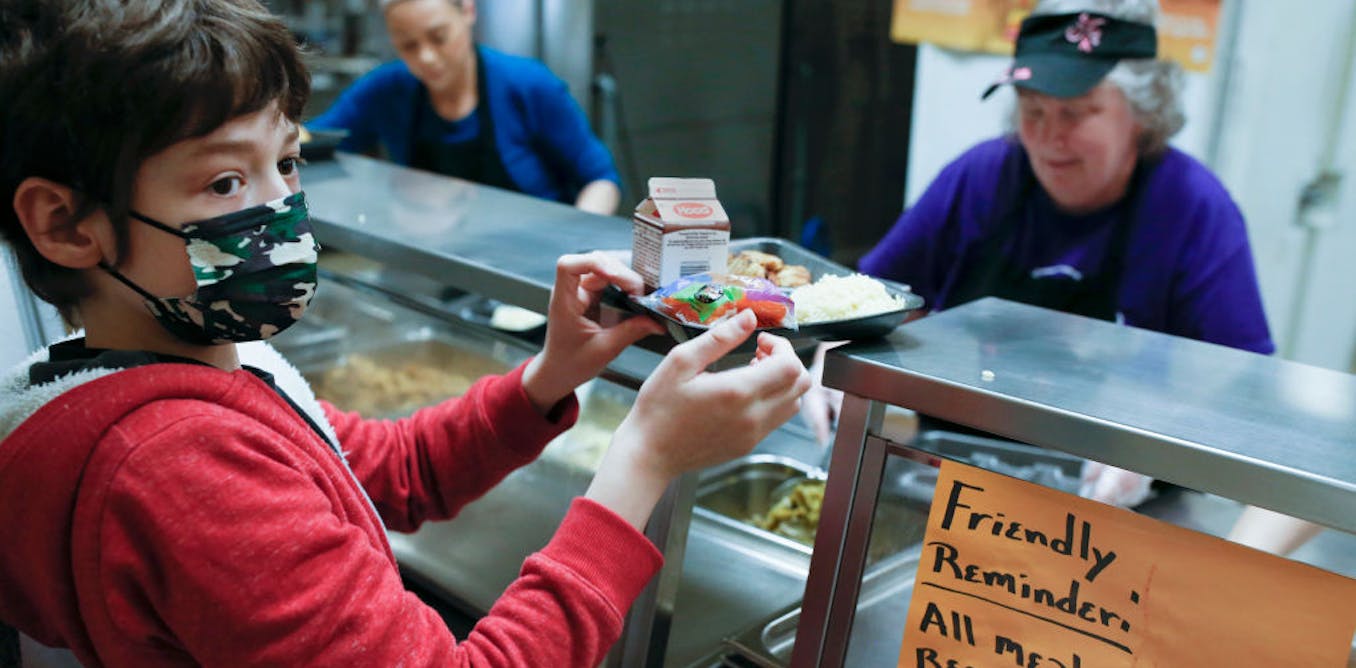Preventive care is free by law, but many Americans get incorrectly billed − especially if you’re poor, a person of color or don’t have a college degree
Patients often bear the cost of unexpected bills for basic preventive services such as wellness visits and cancer screenings.
Sept. 18, 2024 • ~7 min

